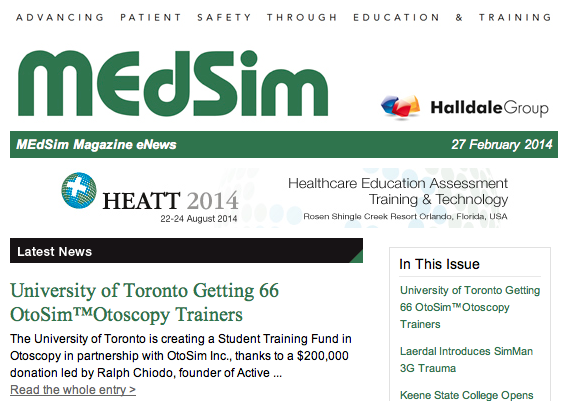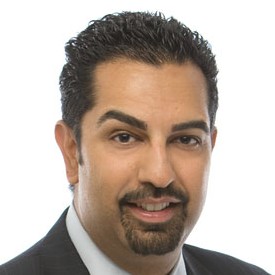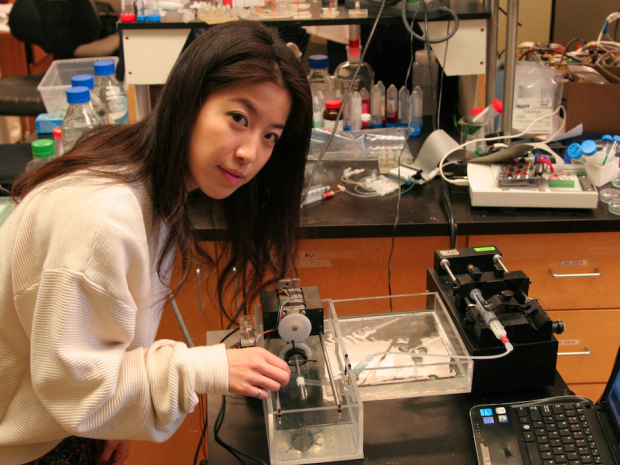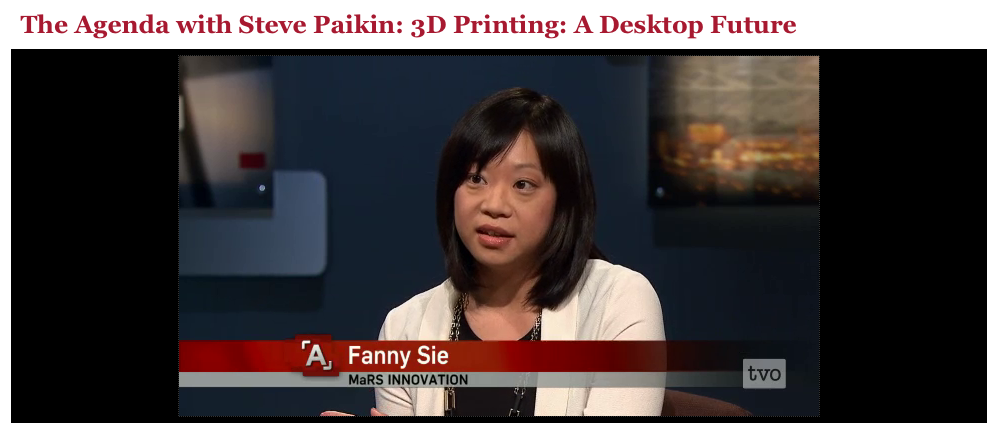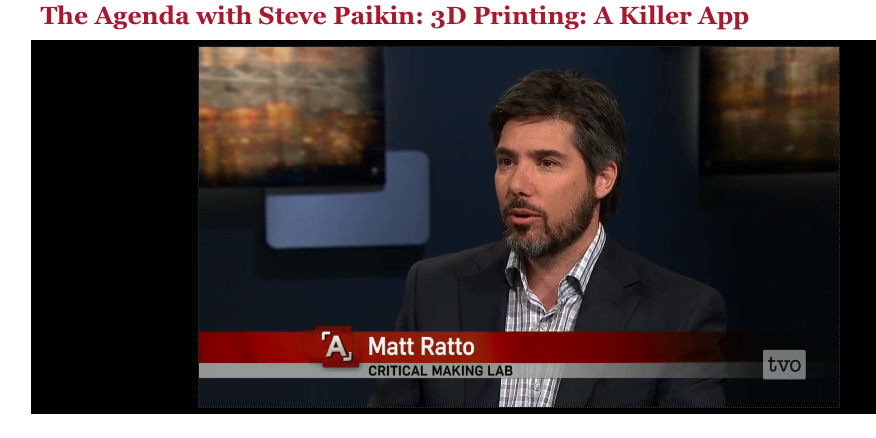Obesity, cancer, heart disease and stroke, diabetes, Parkinson’s disease, Alzheimer’s, or the more general stresses of an aging population: no matter which area of concern holds our collective gaze from moment to moment, improving health outcomes and healthcare is the No. 1 challenge for the world’s economy.
Canada has the holistic approach and translational research necessary to address health care’s pervasive challenges, with particular strengths in biotechnology.
In 2007, the Government of Canada made advancing translational research a top priority through the Science and Technology Strategy, with emphasis on cancer, metabolic disorders and, most recently, neurology, as part of the government’s response to the burdensome realities of neurodegenerative disorders.
Scientific research has made significant progress in unraveling the underlying causes of disorders such as Parkinson’s disease and Alzheimer’s disease, but translating these findings into useful clinical treatments is the key to attaining meaningful accomplishments. Only clinical treatment successes will alleviate pressure on the economy.
Transformational research is the essential first step in this process, but even more importantly, it needs to be put in the hands of those who can translate it into realistic and useful outcomes for patients in particular and society in general.
Thanks to research analytics that capture publications, citations, and other significant metrics, we know Canadian researchers punch above their weight, particularly in medical research. Canada’s challenge is not the quality or quantity of our research ideas but our ability to commercialize those ideas and translate them into market-ready products.
Aware of and concerned by this gap between fundamental basic research and useful patient, social, and economic outcomes, the Canadian government established the Centres of Excellence for Commercialization and Research (CECR) program in 2007. Part of the internationally-recognized Networks of Centres of Excellence suite of programs, the CECR program is a unique collaboration between the three federal granting agencies (the Canadian Institutes of Health Research, Natural Sciences and Engineering Research Council, and Social Sciences and Humanities Research Council), along with Industry Canada, and Health Canada.
Designed to bridge the challenging gap between innovation and commercialization, the CECR program matches clusters of research expertise with the business community to share the knowledge and resources that bring innovations to market faster.
MaRS Innovation was among the first CECRs to be created in 2008, largely based on the founding belief of its members that Toronto is a fertile research land for precisely this kind of translational activity.

